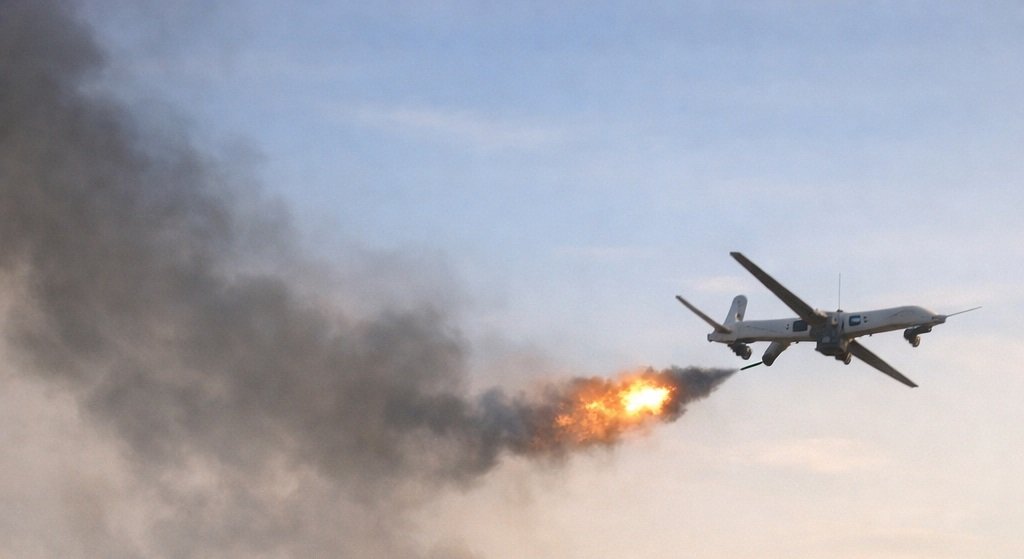Following a police crackdown on January 14, violence had broken out between the two sides, leaving over 20 villagers and five policemen injured. Since then, 17 villagers have been arrested, and many others are in hiding.
Several villages in Odisha are embroiled in ‘Betel Wars’ with the government, as farmers engaged in their traditional occupation of betel leaf farming face permanent displacement from their lands, a report in the Indian express says.
The area of conflagration is mostly confined to Dhinkia, a village in Odisha’s Jagatsinghpur district.
The standoff is a result of the state government’s decision to apportion 30 per cent of farmlands to steel conglomerate JSW Utkal Steel Ltd’s to set up a 13.2 million tonne per annum integrated steel plant on that land. And as of now it looks as if the odds are stacked in favour of the steel company-
Nevertheless the farmers valiantly battle on. They contend that if the move were to materialise, it would not only permanently displace hundreds of families from their hearths and home, but also deprive them of their only known source of livelihood since generations.
Dhinkia’s fertile land and the coastal environment are also ideal for growing the cashew cash crop that supplements the residents’ income. Dhinkia’s economy centres around the “Paradip betel leaves”, famously sold across the country.
A resident from the village Prashant Samal says: “For generations, our families have depended on betle vines. The weather, sand dunes and water supply make it conducive for betel. An industrial plant in our periphery means our water will eventually get contaminated,”
“They (the police) are destroying our vineyards and we are left to fend for ourselves. This will cost us around Rs 30,000 this month. Who will compensate us for that?” he asks.
The standoff is a result of the state government’s decision to apportion 30 per cent of farmlands to steel conglomerate JSW Utkal Steel Ltd’s to set up a 13.2 million tonne per annum integrated steel plant on that land. And as of now it looks as if the odds are stacked in favour of the steel company-
Another resident Dilip Das says “Even during off season we manage to earn Rs 12,000 or more just by selling our betel leaves. Our produce has gained popularity in such a way that we don’t go to the market, the market comes to us”.
He adds “What makes our produce stand out is that we don’t have to put in any extra effort or add any chemicals to it. The moisture, sand quality, weather, everything is perfect for betel farming here.”
This is not the first instance of Dhinkia resisting an industrial project. Seventeen years ago, South Korean steel major POSCO move to build a similar facility in the areavhad to be abandoned in 2017 following 12 years of stiff resistance and protests by Dhinkia residents. Eventually, an environmental clearance by the National Green Tribunal was scrapped.
However, the government later transferred the same land to JSW. The company’s proposed steel plant requires 2,950.31 acres of land, 30 per cent of which is planned to be carved out of Dhinkia,
The village is home to nearly 4,000 people, more than 80 per cent are from the Dalit community. The larger Dhinkia gram panchayat area has a population of nearly 11,000, according to sarpanch Kishore Parida.
According to sarpanch villagers of Mahala, Jogisahi and Patana and Trilochanpura have agreed to give up their farm land for the project.
“The protest is mostly concentrated in Dhinkia now. Betel vineyards from other villages have already been demolished and now they are demolishing the vineyards in Dhinkia,” said the Sarpanch. In Dhinkia, 625 betel vineyards have been measured, of which 480 have been uprooted and cleared so far.
The steel company in its rehab package, has announced compensation of Rs 17,500 per decimal (0.01 acre) of acquired land as against the government’s rate of Rs 6,000 per decimal. Additionally, it has proposed a bonus of Rs 50,000 per betel vineyard after demolition, irrespective of its size. It has also proposed jobs for villagers aged between 20 and 30 from each family.
Dhinkia residents have rejected this. “A one-time compensation is hardly equal to what we earn in a month. What after that?,” Samal said.
Prashant Paikray of the Jindal Pratirodh Sangram Samiti, the village body spearheading the campaign against the JSW steel plant, said: “These compensations are mostly on paper and fade out during implementation. A one-time compensation is nothing compared to a perennial source of income, which the villagers already have.”
************************************************************************
Readers











